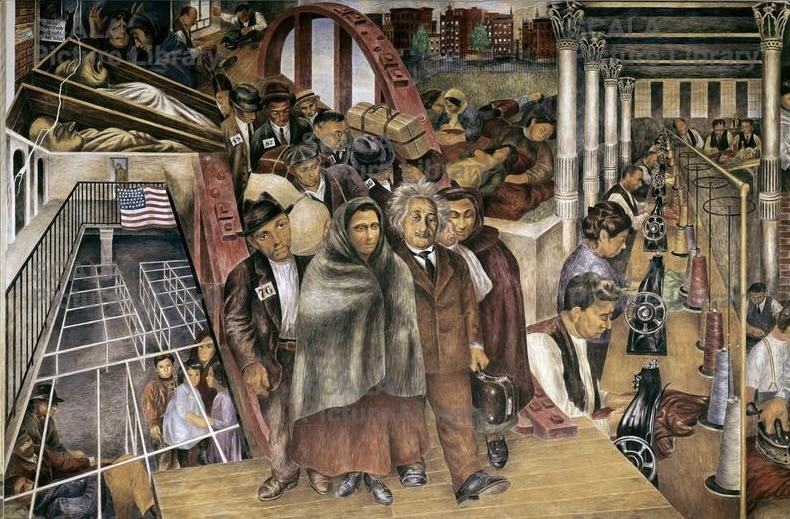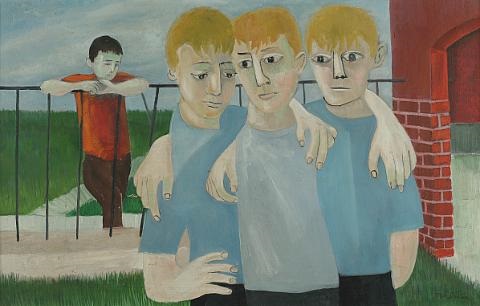Torah Study Date
Saturday, June 1, 2024
Verses Covered
Exodus (Sh’mot) 23:2 – 23:8
Next Session
Saturday, June 8, 2024
Starting at Exodus 23:9
Last week we returned to discussion of what “you shall be holy (kadosh)” means. R. Sara told us that it means set apart. For example, the bride and groom are set apart (they live in a separate place), Shabbat is set apart (it’s set apart for rest). It can also mean bounded. We returned to the question whether being holy refers simply to the commandments or is a separate commandment in itself, that is, whether to follow the laws is to be holy or whether it is to look at what is beyond or separate from the (other) commandments. Could being holy be looking for something not written in the laws that, as a result, you might not expect and, therefore, not see.
We also returned to the idea of judgment, that is, horse sense or common sense, where judgment is about applying law in complex circumstances, that is, about seeing what laws are most important to follow in complicated situations. R. Sara told us that a word for that is “sfara” which indicates your gut not the halakhic (legal) system. One way to sum this up would be: there’s law (mishpat), there’s openness to what’s beyond recognized laws (holiness), and there’s judgment (s’fara), which is a gut sense of how laws apply. At least, that’s one way to think about what we discussed.
We discussed not following the many or the great to do bad and, at the other end of the scale, not favoring a weak person in a dispute. We noted the idea of not bending toward or skewing toward either the great or powerful or the weak or poor. Skewing toward the powerful can lead to maltreatment of the rest of the people while skewing toward the weak can deny agency to them. We generally seemed to like the idea that Torah prohibits both.
Following that, we noted that you must bring a straying ox or ass back even to your enemy! Not only must you render justice both to the strong and the weak, you also must render it to your enemy (that is, to someone who hates you, R. Sara clarified). Similarly, if that person’s ox or ass is struggling with its burden, you must help him. We discussed staying away from a false or lying charge and not killing a guiltless or just person. Chris raised the question, what is justice? We seemed to think these passages are outlining, though example, an answer to that question. Guiltless is a translation of naki which literally means clean, R. Sara told us, and tzedek, translated as justice, means perfect, straight or right. Chris raised the question, what is justice? We seemed to think these passages are outlining, though example, an answer to that question.
We discussed another component of this type of Torah justice in the law prohibiting a bribe because bribery blinds the seeing and undermines the words of the just. Bribery will change even what you see and will undermine your words, even if you have been a just person up to that point.
Along the way, R. Sara pointed out that these laws are for the sake of keeping the community together and not always about the individual. In that sense, she said, Torah is deeply political because it is about the community.
This week’s artwork is not specifically a reference to Exodus 23:9 prohibiting oppression of the stranger but is two paintings by New York Jewish artist, Ben Shahn (1898-1969) that seem to express that idea, the Jersey Homestead Mural (above) and Alienation (below). The mural shows the registry room at Ellis Island, immigrants coming across a bridge (some of whom you will recognize), and garment workers at their sewing machines indicating the conditions of labor for immigrants after arrival. Alienation shows a group of young blonde men with their arms around each other and their backs to a young man, who has black hair, standing apart, behind a fence, looking left out.


